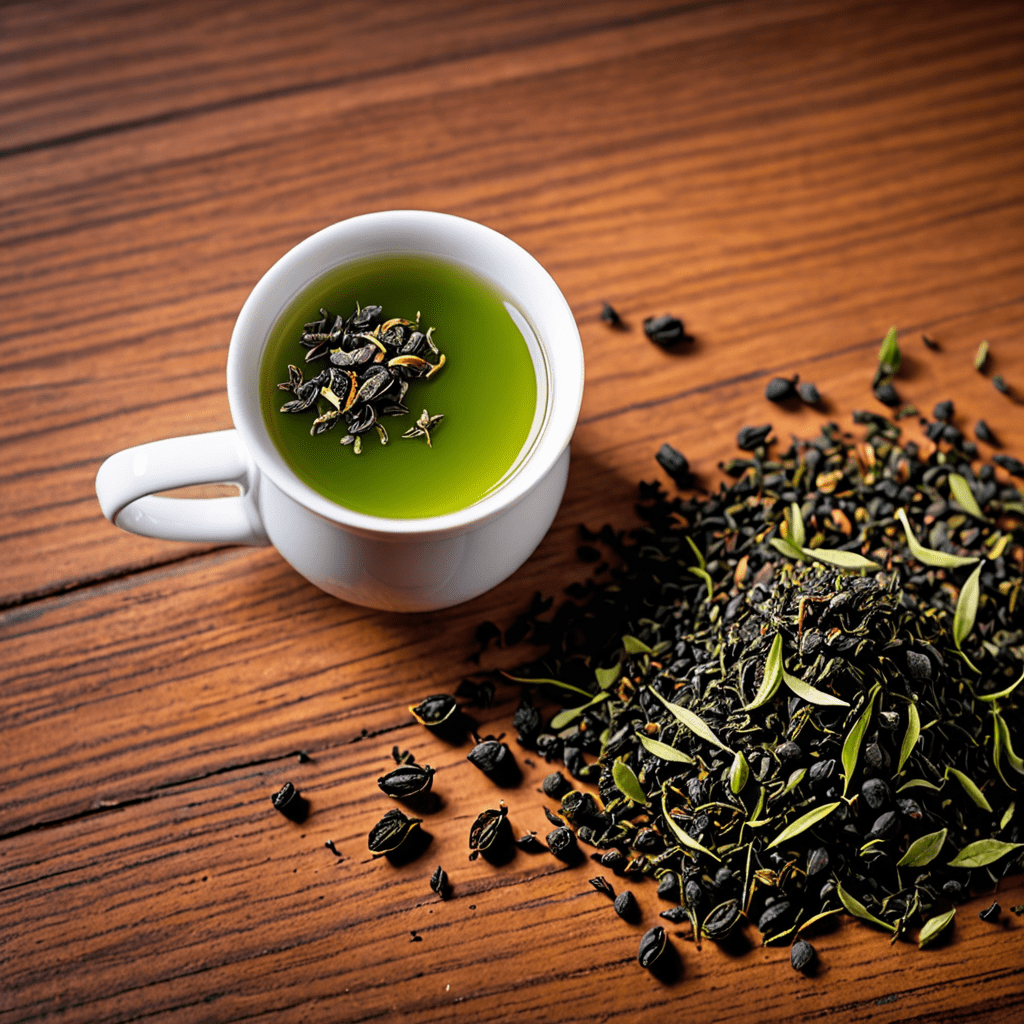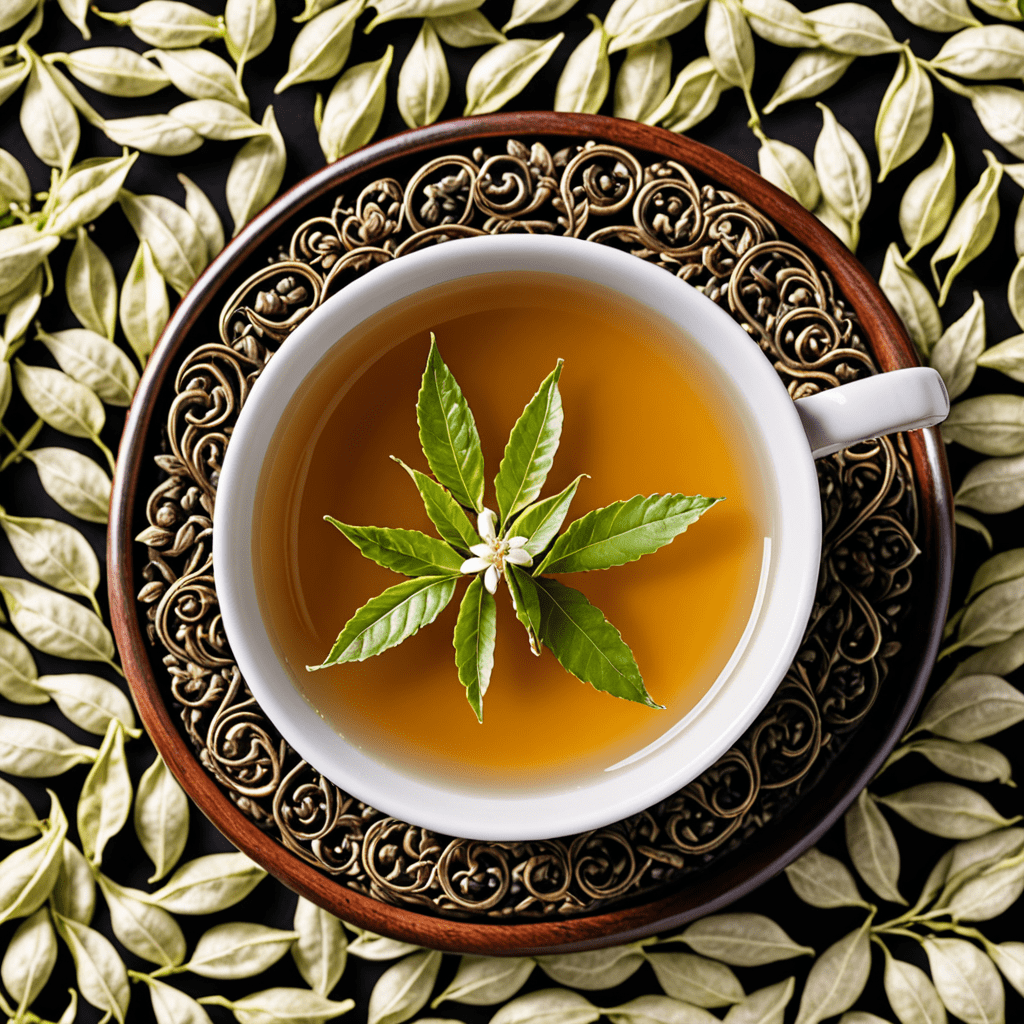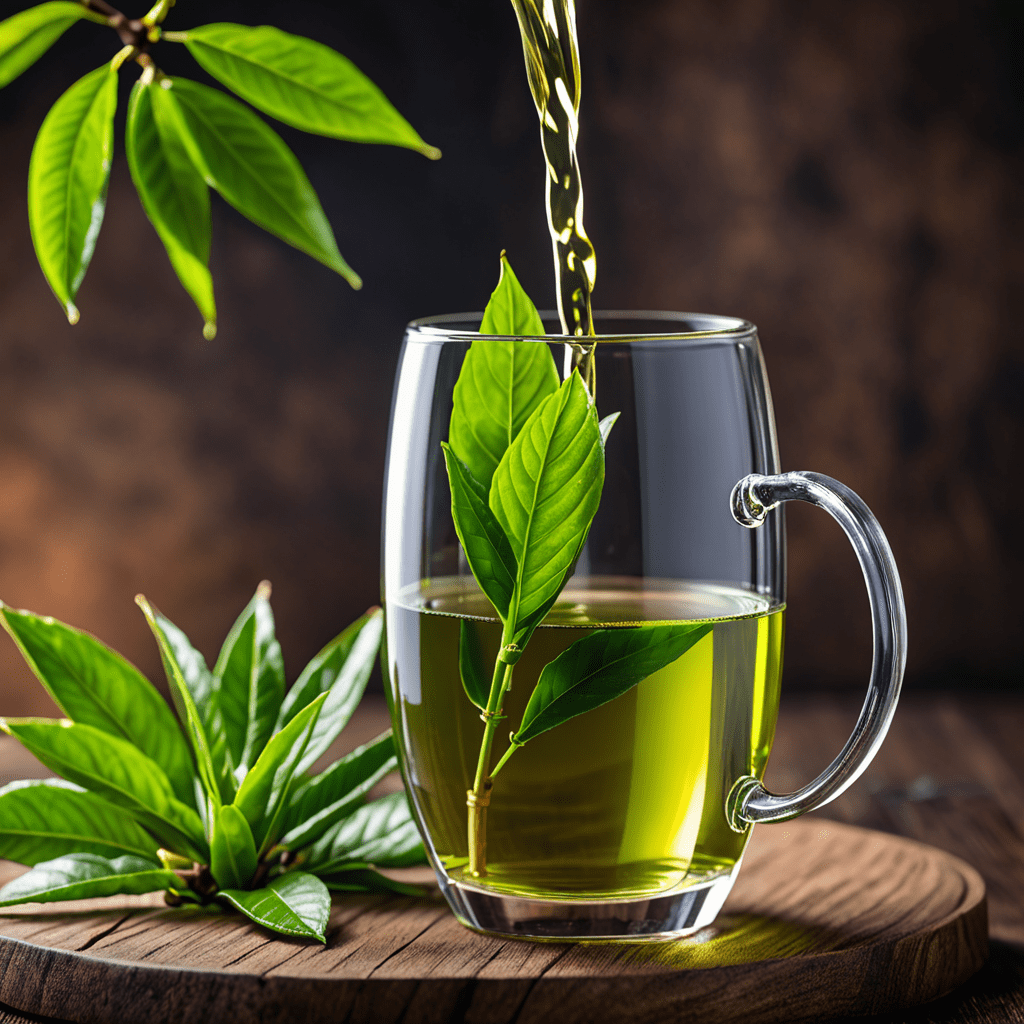Uncovering the Caffeine Differences: Green Tea vs Black Tea
The Basics of Green and Black Tea
Green tea and black tea are two of the most popular types of tea consumed worldwide. Both are derived from the Camellia sinensis plant, but their processing methods differ, resulting in distinct flavors and characteristics.
Caffeine Content in Green Tea
Green tea generally contains less caffeine compared to black tea. The caffeine content in green tea averages around 20-45 milligrams per 8-ounce cup. This moderate level of caffeine makes it a popular choice for individuals seeking a milder stimulant effect.
Caffeine Content in Black Tea
On the other hand, black tea is known for its higher caffeine content, averaging between 40-70 milligrams per 8-ounce cup. This makes black tea a preferable option for those looking for a stronger energy boost.
Understanding the Impact of Caffeine
Caffeine is a natural stimulant that can enhance alertness and concentration. The differences in caffeine content between green and black tea can influence the choice of tea based on individual preferences and sensitivities to caffeine.
Opting for Variety
Ultimately, both green and black tea offer unique flavors and potential health benefits, and the choice between the two can depend on personal taste, desired caffeine levels, and the specific qualities of each type of tea.
FAQ
Q: Can the caffeine content in tea vary based on brewing methods?
A: Yes, the duration and temperature of steeping can impact the caffeine levels. Longer brewing and hotter water may result in higher caffeine extraction.



